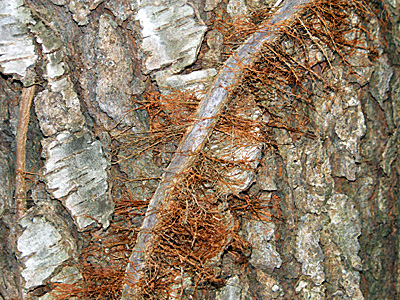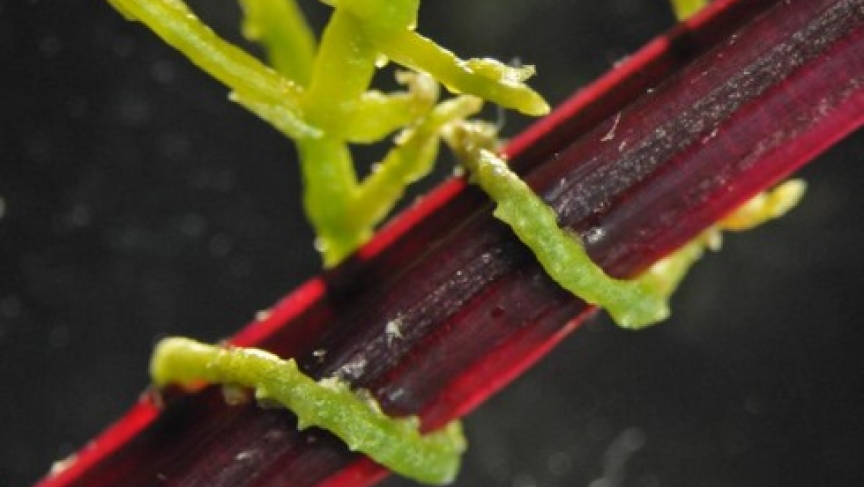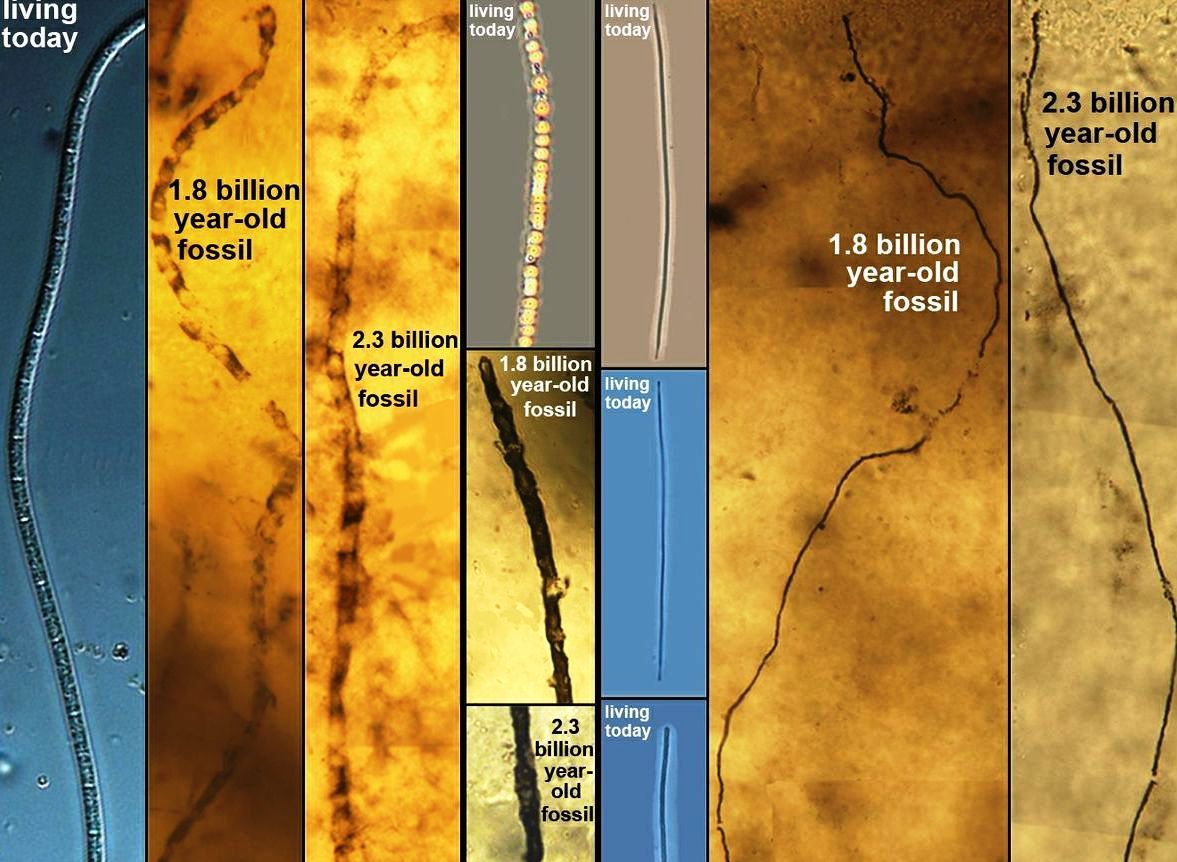I find the question strange and am not sure if you fully understand how evolution works.
In this case, would this plant evolve at all? There is virtually nothing to adapt or even to improve.
Evolution doesn't happen with a goal or planned, it is a random process.
Every time the DNA of any living thing is recreated, when cells split etc. there is a small chance that errors happen. With a even smaller chance, this errors have effects.
Reasons why the DNA mutates are numerous: Radiation, Toxines, Viruses, ...
If you define a perfect world as a world where such mutations don't happen, then there won't be any evolution.
If you say in your perfect world such errors happen, then there will be evolution.
As I said, evolution is a random process. You can't sit in front of your PC and decide "hell yeah, I am going to evolve today!" and suddenly you have three arms.
Evolution works this way:
- random errors happen and change parts of an organism
- this changes either give the organism some advantage or disadvantage in certain areas (usually a mix of both)
- if there is a disadvantage, the specimens with that mutation wont be able to compete with the "normal" rest and die after some generations
- if there is an advantage, they might take resources from the "normal" other plants without that mutation and maybe the others won't exist after some generations
- maybe there is a change that doesn't give any advantage or disadvantage, so both will continue to exist.
So for example, let's say there are different mutations that change the height to which the plant will grow.
We have our "normal" plant A that is on your planet. Suddenly, two random mutations appear in two different plants. One, A+ will grow to 1.5 times the normal size. The other, A- will grow to 0.5 times the size.
As we know, plants mate and mix up their genes. So if two plants create a seed, we now say the resulting plant will have the height of both averaged.
After some generations, there will be plants in all sizes from 0.5 to 1.5.
But now think about this: All this plants need sunlight. But the larger plants will get more sunlight, while the smaller ones will stay in the shadow of the large plants. So the larger plants get more energy from the sun to grow even larger and "steal" more sunlight from the smaller plants. Also they can generate more blossoms and thus generate even more large plants stealing the light from the smaller ones.
So after some time, there probably won't be any smaller plants left and all plants "evolved" to be larger.
But maybe some plant has another mutation, that changes the colour of its blossoms. In this world, there is no difference at all between this two colours, so after some time there will be plants with both colours on the planet.
Also I don't see how a plant could lose its evolution capacity.
If you say your plant is perfect adapted, there can still be changes which make no difference like the different blossom colours. Even ignoring that, there will always be plants with mutations. If they are less adapted, they will just stop existing after some time, but at any given time there will be mutated plants on the planet.




